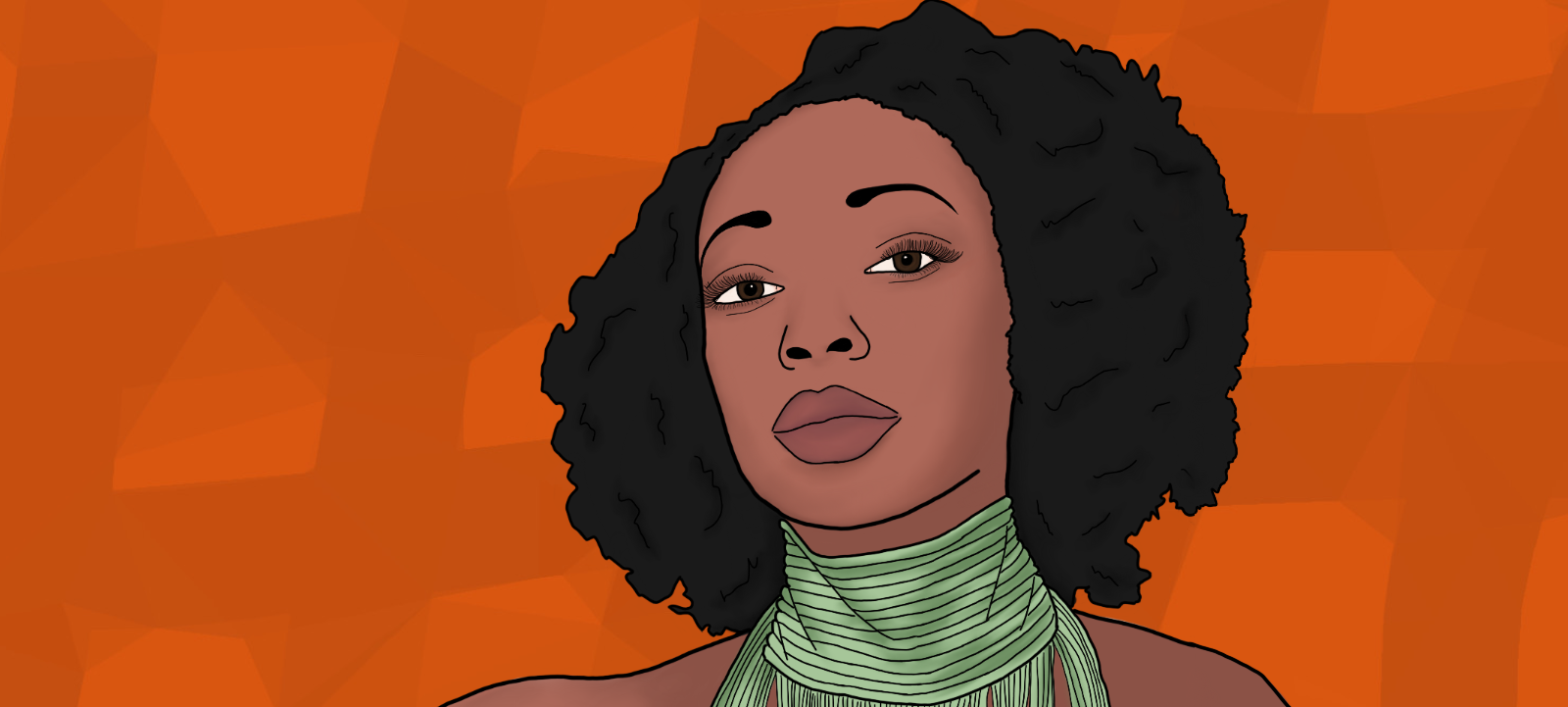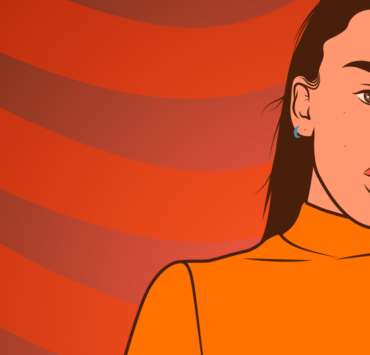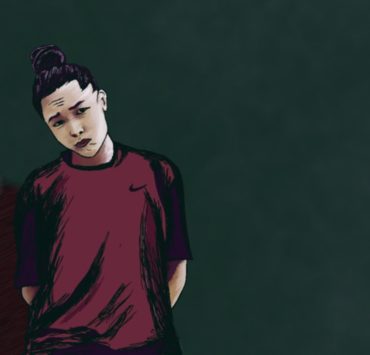Aurelia Dey is a Swedish musician, dancer and, along the way, producer of the web-based series project Sunday Service Talks, which provides a safe space for black people. As a black woman living in Sweden the black diaspora has always played an important role in her life. Her refuge was, first of all, dancing and, later on, music. Wrapped in bright colours, she nowadays appears with sophisticated dance choreographies in her afro- and dancehall music videos – when taking a closer look at her life story it becomes clear that there is more behind it.
Born in Mölndal (Sweden), Aurelia started to dance as early as at the age of three in 1991. Ballet was quickly followed by Jazz and HipHop and she soon calls herself a passionate dancer. At the age of 13 she founded the dance group “Bussa-Crew” together with her friends, which subsequently reached a certain degree of prominence in Sweden. After general school education in Sweden she went to Los Angeles in order to complete dance training. At that point of time, her ex-boyfriend introduced the dancehall culture to her life. To Aurelia, this scene came in useful: “There was so much energy, character, colours, lightly dressed women totally owning their bodies taking and claiming space. That was the opposite of what I was taught to do growing up in Sweden. Dancehall gave me a chance to explore who I was and who I had been suppressing“, she says in the interview with 365 Fe*male MCs.
Inspired by artists such as Solange, Shae Universe, Erykah Badu but also afrobeat artists including Yemi Alade and Burna Boy, she decided to take an active part in the Swedish dancehall scene – this time, however, not only as a dancer but also as a musician. Accordingly, she moved from L.A. to Göteborg (Sweden) where she attended a music college. For Aurelia Dey the comparatively small dancehall scene has quickly become a second home. Under the name of Miss Relli she published, for the first time, her own music in the context of different music groups. In seven years she performed in over 300 concerts, until she published solo for the first time in 2015. Her debut album was called “Gylenne Tider”, which she performed live many times, including concerts in South Africa.
Her second album “Sunday Service”, which she had been working on since 2018, was supposed to be released in 2020. But Sweden was not spared from the Covid19 pandemic either. Nevertheless, Aurelia did not want to sit idle and so she brought the web series project “Sunday Service Talks” into being. By releasing episodes every month she aims to create a safe space around the topic of diaspora.
Here comes a short historical excursion: Diaspora defines the existence of religious or ethnic communities that needed to leave their home region due to historical incidents and by now are scattered across the globe. A well-known example – among others – is the Jewish diaspora. The portrait at hand, however, refers to the black diaspora, meaning the scattering of black people and their cultures as a consequence of slavery.
In the interview, Aurelia Dey explains emotionally in what way these circumstances have influenced her life as a black woman in Sweden since childhood. Everyday racism and microaggression, which she is exposed to in a white-dominated society, repeatedly affect her mental health and the wish to find a refuge has become gradually stronger. In the Swedish magazine Göteborgs-Posten she said: “If I had seen such a programme when I was younger, I think it would have helped and inspired me.“ Towards 365 Fe*male MCs she also mentions moments of her childhood that left a mark on her, such as her music teacher’s lack of knowledge about African music. This refuge, which she was longing for in these moments, was eventually created by herself: in “Sunday Service Talks” she talks together with Segal Mohamed about own experiences in order to build up oneself as well as other persons affected.
Nonetheless, the web series does not serve as a substitute for the album but as a supplement to it. For the upcoming year she plans the official release, which appears more urgent to her than ever before. “Sunday Service” addresses the difficulties of getting to know and understanding oneself and others better – presumably a topic which has particularly gained importance during the pandemic: “It’s about putting you on a closer path towards your inner peace through self-love and care, something that I felt that I’ve always needed but perhaps not always prioritised.“




